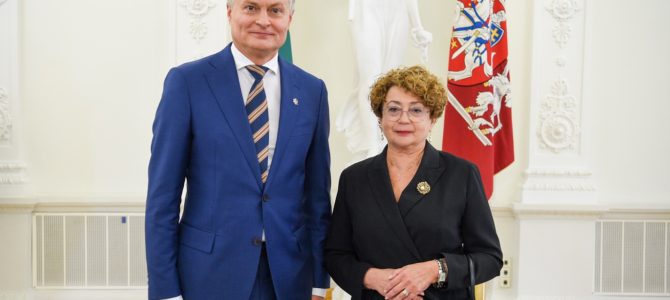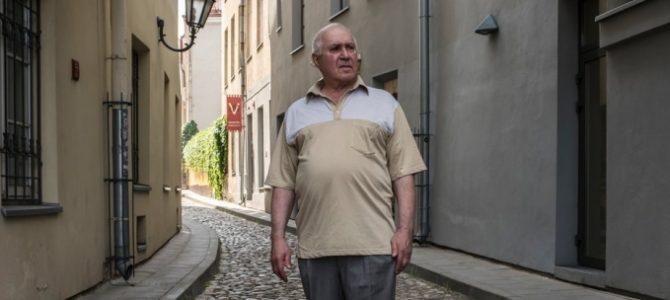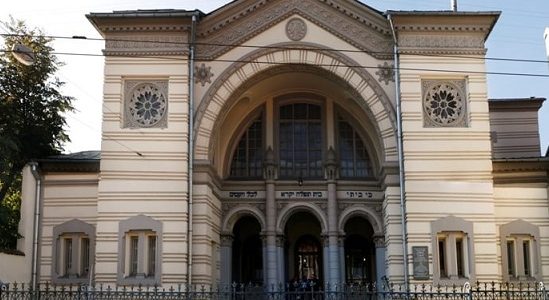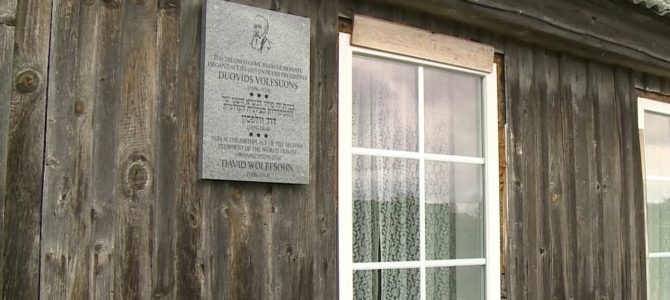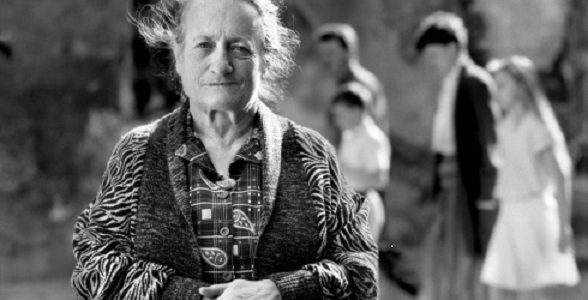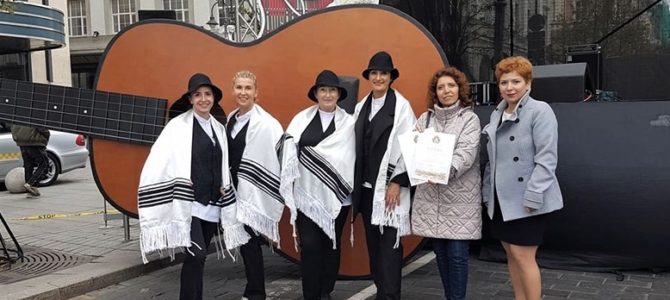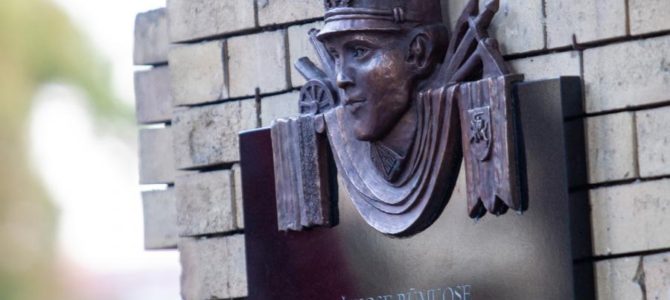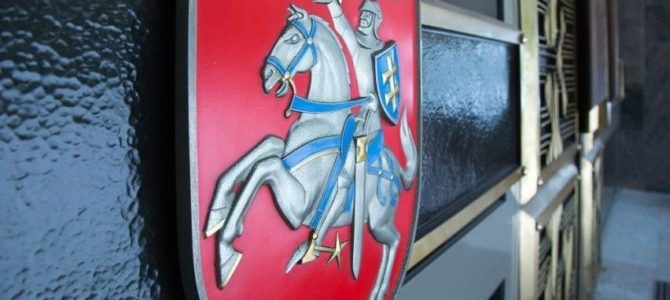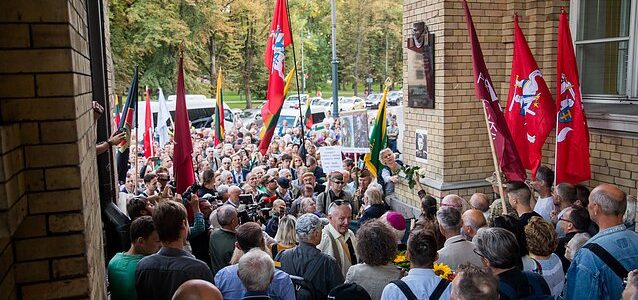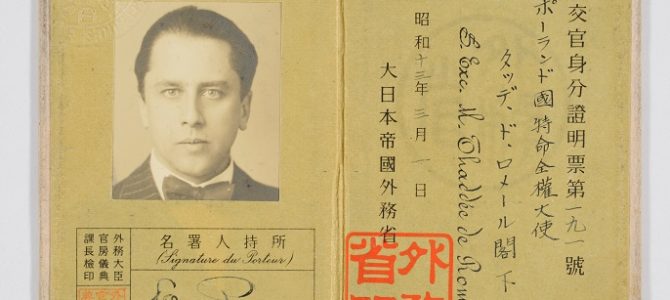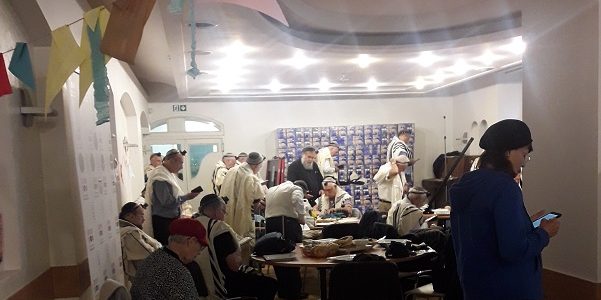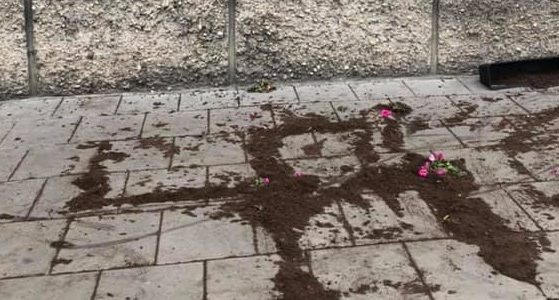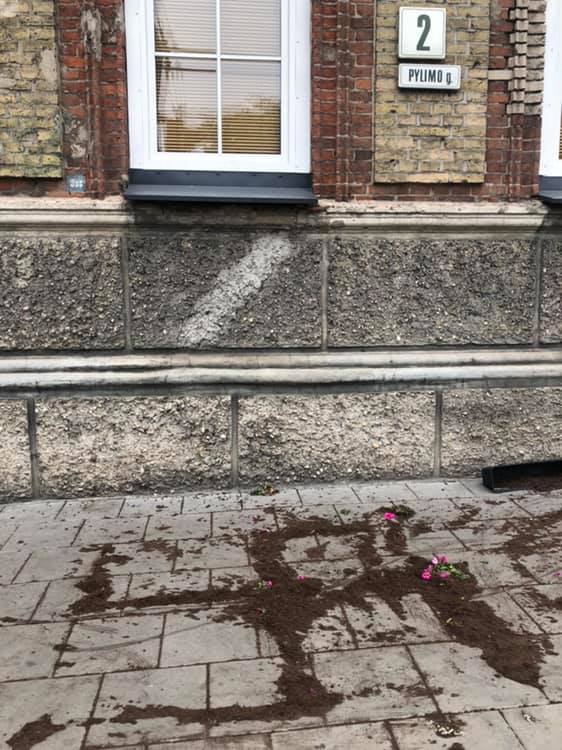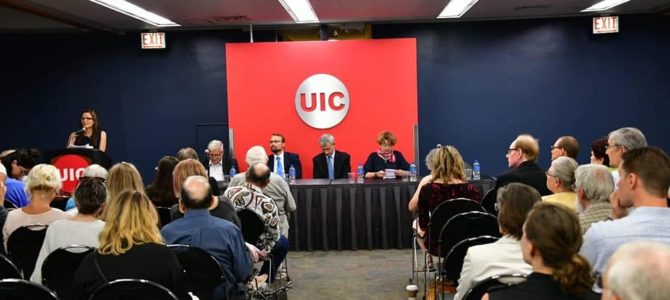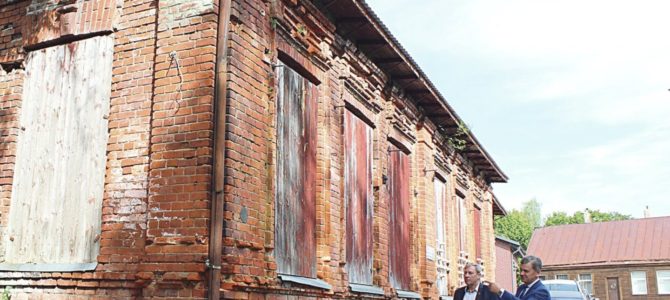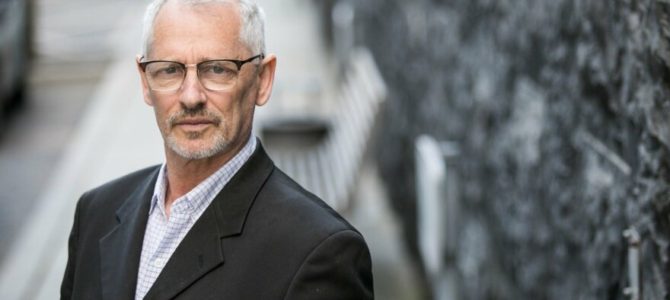Photo © 2019 DELFI/Andrius Ufartas
We are afflicted by Soviet recidivism, i.e., by fear. Fear of the past, fear of a dark history which demands we look upon our own scared face in the mirror. We are afflicted by fear of responsibility. When powerless people are afraid, that is one thing, but it’s entirely different when the people who are afraid are in power.
Gitanas Nauseda, as if he had just fallen to Earth, is proposing to create a Cultural Commission to solve matters of historical memory.
Mr. President, we have two expert institutions which have been doing this for 20 years now. The problem is that one institution, the Center for the Study of the Genocide and Resistance of Residents of Lithuania, or Genocide Center for short, sees no reason to adhere to the international convention defining the crimes of genocide, to which Lithuania is a signatory. Otherwise Jonas Noreika and Kazys Škirpa would have been dethroned long ago. All that is needed is to follow the Convention and hundreds of other documents.
The fact is, the Genocide Center is under the guidance of the right, and thus there are these kinds of politicized decisions. Who will form a new forum? Again, nationalists on the right, who have spent the last 10 years reiterating again and again that the situation is still unclear? Or perhaps it would be more constructive and more credible to convoke independent historians who are not in the pocket of the state and therefore unafraid to issue unpoliticized conclusions?
Full editorial in Lithuanian here.


